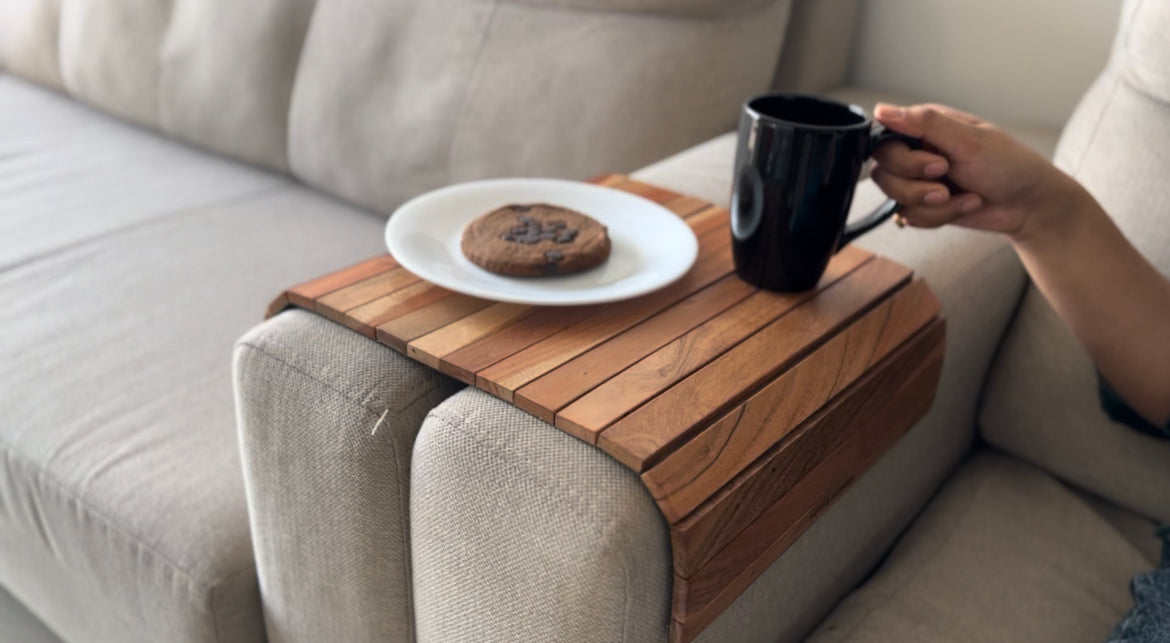When it comes to equipping your kitchen with the right tools, choosing the right chopping board is essential. Bamboo chopping boards have gained popularity for their affordability and eco-friendly appeal. However, despite their charm, bamboo boards may not be the best choice for your kitchen. Here’s why bamboo chopping boards often fall short—and why solid wood cutting boards, including butcher boards and serving boards, are a superior alternative.
1. Excessive Hardness Harms Knives
Bamboo is significantly harder than most types of wood used for cutting boards and vegetable chopping boards. This hardness can quickly dull your knives, making meal prep frustrating and leading to frequent sharpening or replacement of blades. Over time, the cost of maintaining your knives outweighs the initial savings from buying a bamboo chopping board.
2. Prone to Cracking and Splitting

Bamboo chopping boards are naturally less porous but are held together with glue that can degrade over time. Prolonged exposure to moisture—an inevitable part of kitchen use—can lead to cracking, splitting, and warping. Unlike solid wood cutting boards or butcher boards, which age gracefully and can often be resurfaced, bamboo chopping boards deteriorate quickly and may need frequent replacements.
3. Unhygienic Tendencies

When bamboo chopping boards crack, they create small crevices that trap food particles and bacteria. This not only makes cleaning harder but also increases the risk of contamination. While bamboo is often marketed as antibacterial, these benefits diminish as the surface becomes damaged. Solid wood vegetable chopping boards and serving boards, on the other hand, are naturally more hygienic due to their durability and smooth surface.
4. Harsh Manufacturing Processes

Bamboo chopping boards are not carved from a single piece of material. Instead, they are made by gluing thin strips of bamboo together. This process often involves synthetic adhesives that may release toxins when heated. Solid wood cutting boards, including butcher boards and serving boards, are crafted from single slabs of natural wood, avoiding unnecessary chemicals.

5. Poor Longevity Compared to Alternatives
While bamboo chopping boards might be cost-effective upfront, their durability is limited. Solid wood cutting boards, such as those made from maple, walnut, or acacia, last for decades with proper care. Their ability to be sanded and resealed ensures longevity, making them a better investment over time.
Why Solid Wood Cutting Boards Are the Best Alternative
For a reliable, durable, and safe cutting surface, solid wood chopping boards are the gold standard. Here’s why:
- Gentle on Knives: Solid wood cutting boards and vegetable chopping boards have the perfect balance of hardness and softness, preserving your knife edges.
- Durable and Repairable: Unlike bamboo, solid wood butcher boards and chopping boards can be refinished, extending their lifespan.
- Naturally Hygienic: Hardwood boards, like maple or walnut, have natural antibacterial properties, making them safer for food prep.
- Eco-Friendly and Timeless: Solid wood cutting boards, butcher boards, and serving boards are crafted sustainably and bring a classic aesthetic to your kitchen.
The Final Cut
While bamboo chopping boards might seem like an eco-friendly and budget-friendly choice, their drawbacks—knife damage, cracking, hygiene concerns, and limited lifespan—make them less than ideal. Solid wood cutting boards, including vegetable chopping boards, butcher boards, and serving boards, offer unparalleled quality, durability, and kitchen safety.
Upgrade your kitchen tools today and experience the difference with a premium solid wood cutting board—your knives (and your meals) will thank you!
Looking for solid wood cutting boards? Explore our handcrafted collection of durable and beautiful chopping boards, serving boards, and butcher boards to elevate your cooking experience.
